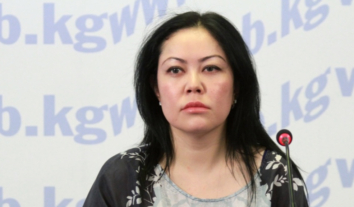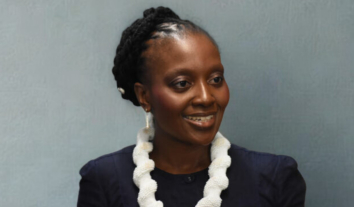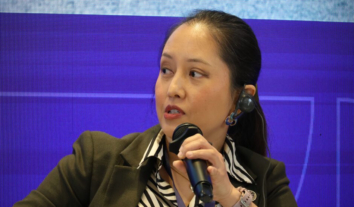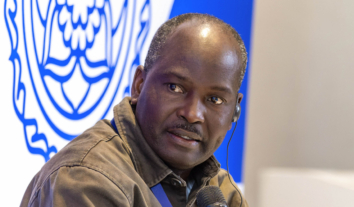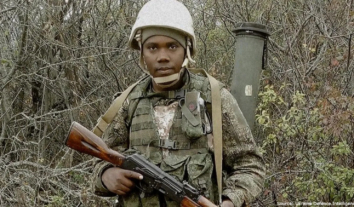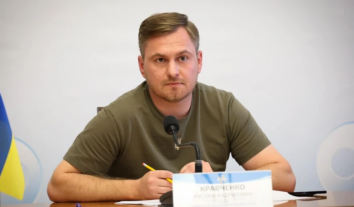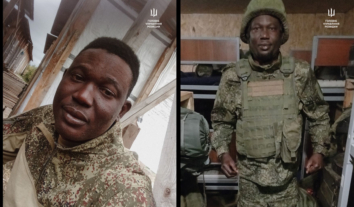Registered partnership: New sensitivity test for Ukrainians
The closer June 12, when the Equality March (KyivPride) will be held in Ukrainian capital, is, the higher degree of tension is observed. At least on the Internet emotions run high.
Those, who intend to take part in a human rights street action to support the equality of rights and non-discrimination of LGBT community, receive threats already.
Taking into account the aggressive comments and statements by some right-wing groups on the matter, it is rather doubtful that KyivPride 2016 will be held peacefully.
And if an ordinary street march receives such a response and often aggressive attacks, it is scary to imagine what a storm of emotions will be triggered by the bill on registered partnership or civil partnership (the terminology is still being formed by experts).
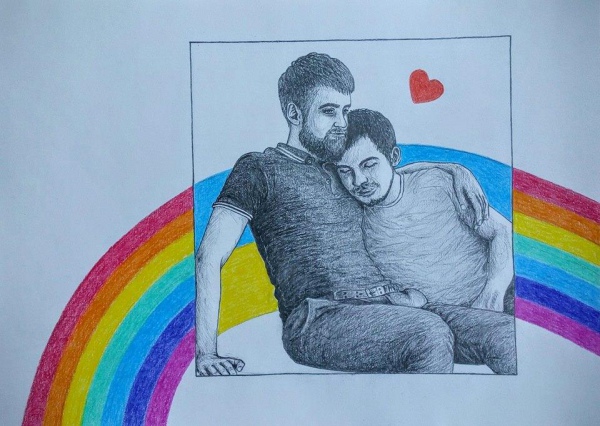
For those out of subject, here is a brief note.
The institution of civil partnership could be legalized in Ukraine in 2017, within the framework of the EU-Ukraine Association Agreement implementation. The legalization is provided for by the National Human Rights Strategy until 2020.
In March, the Cabinet announced its plans to prepare a draft law on the registered partnership.
Civil Partnership is the state-recognized social institution, which legally regulates the relationship between two people, which can be of the same or different sex, and do not wish or are unable by law to register their marriage.
The institution of the civil partnership provides such an opportunity, as well as the right to own common property (immovable and movable), the ability to inherit and bequeath of the marital property, the right to get alimonies and benefits, the opportunity to visit the partner in medical facilities, learn about a health status, take care and dispose of a body in case death and so on.
Actually, this list mostly enumerates the rights the relatives of a person have as defined in the legislation of Ukraine. The homosexual couples may still just dream about this.
Those, who live and keep house together and consider themselves to be a family, do not exist for the state of Ukraine.
The institution of the civil partnership was developed and introduced for the first time in the world in Denmark in 1989 for same-sex couples only.
Over time, it was extended for heterosexual couples in some countries.
Later, some countries abolished the registered partnership, allowing homosexual couples to enter into traditional marriages.
Other countries, such as the Netherlands and France, still offer the registered partnership as a popular alternative to conventional marriage.
The skeptics, who believe that there are few such “families” or they do not exist at all, please find the statistics below.
The study “Same-sex partnerships in Ukraine” was conducted back in 2009. The rough number of same-sex couples at that time throughout Ukraine ranged between 100,000 – 200,000 pairs.
Moreover, almost half of same-sex couples, 47%, lived and kept house together, while the rest 53% lived separately.
The legislative regulation of same-sex couples has been long overdue. As noted by Andriy Kravchuk, the expert of the Our World center, “this bill is almost the only opportunity to have the right to at least some semblance of marriage. For us, and I’m a gay, it’s very important.”
No bill on the registered partnership has been submitted to the Ukrainian parliament so far. However, various working versions of the document are already being drafted.
Thus, the “Leviathan” think tank in cooperation with member of the Ukrainian Parliament of VI convocation Kateryna Lukyanova has already developed the bill, which is actively discussed by the public, particularly in the LGBT community as the most interested in the adoption of this law.
As explained by former MP, the appearance of this bill will at least encourage the government either to draft their own document or examine an already existing one, but it will be impossible to ignore the draft of such a law. She also stressed that the law is not designed specifically for LGBT people: “This law is for all citizens of Ukraine.”
What are the interesting points in the proposed document?
First and foremost, the bill establishes a new institution in the Ukrainian civil society, the institution of civil partnership, which is different from the “classical” understanding of marriage.
It is important that not only same-sex couples can enter into civil partnership. The heterosexual couples can also choose the civil partnership as an alternative to traditional marriage.
Not rare cases in Ukraine are when two persons who do not have sexual relations keep common household. For example, two friends who hire an apartment together, bring up children together, help each other, because it is easier and more profitable.
Under the bill, the partnership can be registered either by a notary officer or at the city council provided that these agencies have access to unified state register and can register acts of civil status by that time. As a reminder, there are rumours that the so-called “registry offices” may be abolished.
The important issues, which still should be finalized in the document, include the regulation of relationship if a partner is a foreign citizen; how a partner can visit another partner in the place of detention; custody of a child by a partner who is a biological father or mother.
However, attention! The bill does not mention the adoption of children and surrogate maternity.
As explained by authors of the bill, it is a very sensitive issue both for Ukrainian society and our elected representatives: MPs will not even read this document.
Another bill on registered partnership was drafted by the “Our World” centre. The wording of the bill is very brief and just says that the partners shall assume all the rights and responsibilities of spouses in conventional marriage with well-defined exceptions in the law.
The bill was drafted by the Danish version, which was adopted by all the Scandinavian countries.
Ukraine may take advantage of the experience of the Czech Republic, where the lively discussions about the same sensitive issues are ongoing.
Actually, the law on registered partnership entered into force in the Czech Republic in 2006. The Czechs were struggling for that for almost ten years.
In 1997-1999, the first draft law was discussed. After a fail, another four draft laws were submitted, which either were not passed in the reading or were vetoed by President Vaclav Klaus.
“When Vaclav Klaus vetoed one of the versions of the draft law on registered partnership, he summoned a press conference and put forward ten arguments against the law. However, he had not gathered journalists and did not explain his decision after any other his vetoes,” commented Jiri Hromada, the co-founder of the gay equality movement in the Czech Republic.
By the way, the Czech law on registered partnership really restricts the right to adopt a child. By and large, a single gay or lesbian has more rights to adopt a child than the registered partners do.
Currently, a large advocacy campaign to lobby the amendments to the law related to adoption is being conducted in the Czech Republic. One of the campaign slogans is: “Different families – equal rights” with an argument that it is better to bring up a child in the family rather than in orphanages.
Radka Maksova is one of the Czech Parliament member who actively supports the campaign; she is a member of the ANO political movement that is a part of the ruling coalition.
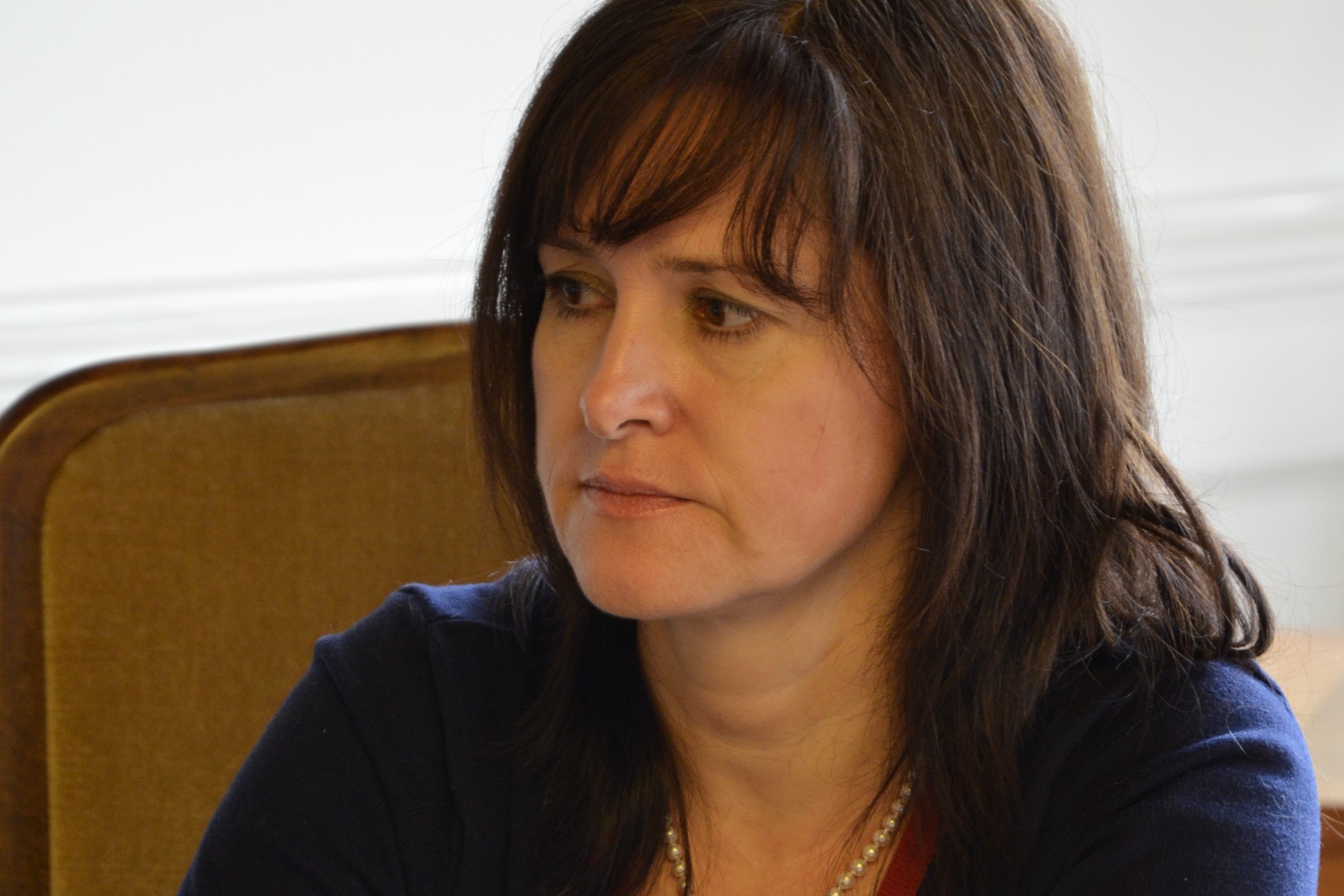
“I’m not a lesbian. But if to think about this with cynicism, they are also my voters. And if the provisions of the bill are not in conflict with my values, moreover I have many friends from LGBT community, why cannot I promote this law? Especially when it comes to children’s rights. I have not met a negative response to my activity that would convince me of the opposite,” Maksova said.
The words of the Czech MP may be an argument for those Ukrainian members of Parliament, who seem to be willing to vote for the bill on registered partnership but do not know how to resist the majority advocating the “traditional values.”
However, is the Ukrainian society ready at least to take an unbiased look at and discuss the bill without emotions and hate speech?
Will the government keep its promise in 2017?
The LGBT community is unlikely willing to wait for 10 years as the Czechs did…
Ukrayinska Pravda. Zhyttia (Ukrainian Truth. Life)

